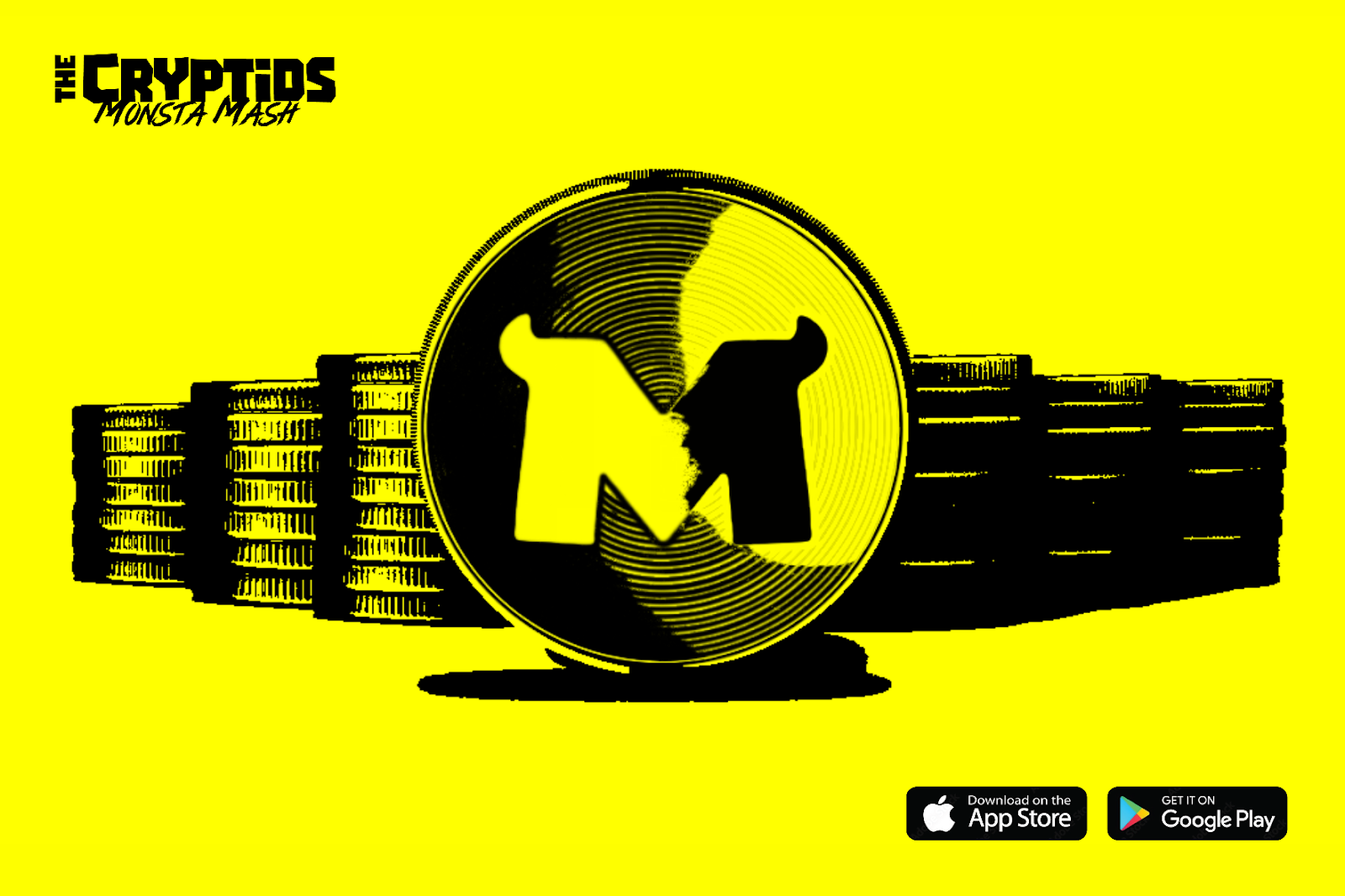Blockchain technology has the power to revolutionize industries, from finance to supply chains. Yet, its rapid adoption has brought an inconvenient truth to light: its environmental footprint. A single Bitcoin transaction, for instance, consumes enough energy to power an average U.S. household for two months. As questions about sustainability mount, Switzerland shines as a leader in innovation and accountability.
This small yet influential nation is historically famous for its banking secrecy and reputation for trust, innovation, and neutrality. Besides, It has become a global leader in blockchain regulation and environmental accountability. Remarkably, the country has achieved this by resisting regulation and using it as a foundation for progress.
The Swiss Approach to Blockchain
Switzerland’s blockchain success isn’t accidental. It’s the result of deliberate policies that combine clarity with flexibility. The Swiss Financial Market Supervisory Authority (FINMA) provides clear regulatory guidance. Besides, self-regulatory organizations like VQF create additional layers of oversight and credibility. Meanwhile, the Anti-Money Laundering Act (AMLA) ensures transparency and security in blockchain transactions.
This structured approach has attracted over 1,100 blockchain companies, employing more than 6,000 people. But the numbers tell only part of the story. Switzerland has built a rare ecosystem where innovation and regulation strengthen each other. Some jurisdictions risk stifling progress through overregulation or creating chaos with lax oversight. Switzerland is not one of them. It strikes a balance and offers blockchain companies the stability they need to innovate responsibly.
Switzerland’s leadership extends beyond regulation. The nation’s Energy Strategy 2050 promotes renewable energy use. Moreover, partnerships with organizations like ISO to advance global standards for sustainable practices. This dual focus on regulation and sustainability makes Switzerland a natural home for blockchain companies seeking growth and accountability.
Fedrok AG: A Case Study in Swiss Blockchain Innovation
Fedrok AG is a Swiss-based blockchain company operating within the nation’s renowned regulatory framework. The company addresses a specific challenge in blockchain: the substantial energy consumption and carbon footprint associated with Bitcoin mining through energy-intensive operations.
Its Proof of Green system is at the core of its efforts, a groundbreaking approach to sustainability. Rather than offsetting carbon emissions after they occur, the system tracks energy usage and emissions in real time, connecting mining operations directly to carbon credits. It enables miners to continue their operations while earning rewards through the FDK token, verified using renewable energy sources.
– Advertisement –
Fedrok’s technical implementation builds on robust blockchain infrastructure. As a Layer 1 blockchain compatible with the Ethereum Virtual Machine, the system seamlessly integrates with current mining activities, offering a practical transition toward greener practices without disrupting operations.
Grounded in Swiss standards, Fedrok is pursuing VQF membership and ISO certifications to validate its environmental monitoring systems, improve transparency in energy consumption, and ensure compliance with anti-money laundering regulations. That positions the company as a leader in sustainable blockchain practices, perfectly aligned with Switzerland’s emphasis on innovation and responsibility and the EU’s MiCA framework for environmentally sustainable blockchain solutions.
Challenges and the Swiss Advantage
Making blockchain sustainable and compliant is no small feat. Companies face a range of hurdles, from the fragmentation of carbon credit markets; where prices can vary by up to 275%, to the scalability of sustainable practices and the global adoption of eco-friendly mechanisms. Adding to these complexities is the regulatory uncertainty in many jurisdictions, which often leaves blockchain firms navigating a patchwork of inconsistent rules.
Switzerland, however, offers a distinct advantage. Its rigorous yet innovation-friendly regulatory landscape provides blockchain companies with clarity and stability. With clear guidelines, robust compliance frameworks, and incentives for sustainable development, Switzerland empowers firms to address global concerns while maintaining trust and transparency.
Conclusion
Switzerland’s blockchain leadership exemplifies how innovation can flourish when built on a foundation of trust and accountability. By fostering an ecosystem where regulation is not a barrier but a motivation for progress, the country has become a global model for responsible technological advancement.
Swiss companies like Fedrok AG embody this vision, transforming compliance into a platform for innovation. Its Proof of Green system aligns with Switzerland’s commitment to sustainability. It also demonstrates how blockchain technology can address global challenges with precision and impact.
As Albert Einstein once said, “We cannot solve our problems with the same thinking we used when we created them.” Switzerland, through startups like Fedrok AG, proves that innovation and sustainability are not opposing forces; they are the future of blockchain.










